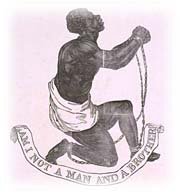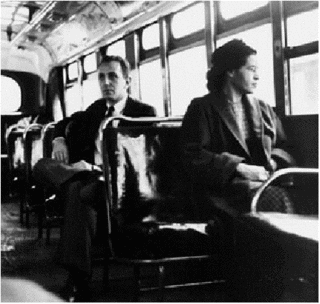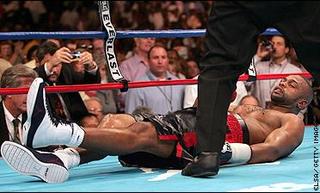Activist dredged up ‘family secret’ of plantation myth

Activist dredged up ‘family secret’ of plantation myth
October 29, 2002
Actor, singer and civil rights activist Harry Belafonte dredged up a centuries-old “family secret” for the world to hear when he likened Secretary of State Colin Powell to a plantation “house slave” who curries the favor of his master.
He made the comment during an Oct. 9 talk show interview with KFMB in San Diego.
In a follow-up interview with Larry King, Belafonte clarified that he was not intending to label Powell as an “Uncle Tom” with the comparisons to slavery. Belafonte, however, reiterated that there are “those who sit in the service of the house and those who sit in the service of those who languish on the plantation.”
Belafonte noted several times in his interview with King that he has dedicated himself to the service of the disenfranchised and impoverished peoples and has traveled the world to personally witness their suffering.
In order to truly serve those who “languish on the plantation,” must one stoop to pick the cotton and bloody his hands alongside those in the field every day, or can one be of equal service to his people “in the house”?
While shocking to the nation, Belafonte’s comments unearth the longstanding debate in the African-American community rooted in the plantation myth that the field slave was the rebel and the house slave the collaborator with the evil master. Like many arguments perpetuated over time, we often forget how the infighting began.
First of all, many house slaves were selected simply because they were the lighter-skinned blacks on the plantation, usually the result of the master’s “relationships” with slave women. The master’s system was calculated and mentally cruel. By separating light-skinned and darker-skinned blacks on the plantation and bestowing different privileges based on status, the master could divide and conquer and perpetuate racial self-hatred and division. With division, the slaves would never rally as one cohesive group to usurp the tyranny of the master.
Let’s wake up! The plantation divide among African Americans is alive and well. We perpetuate it today without the powerful persuasion of the master’s whip on our backs.
Belafonte has exhibited the very plantation mentality he decries by perpetuating this age-old, divisive stereotype with the eyes of the world watching. He continues to belittle Powell simply because he does not subscribe to the view that all African Americans should share one voice, one view, one spokesperson and one political party.
Is Belafonte mad because Powell is “selling out” and “stepping and fetching,” or just mad that Powell isn’t stepping and fetching for Belafonte’s party of choice?
It is disheartening when I hear African Americans attack others of their race who have achieved the highest distinctions in their fields with such vitriol as “sell-out,” “Uncle Tom,” “house slave” and “wannabe.” On the shoulders of those who fought for civil rights, we are able to go forward serving others in the boardroom and elected office, on the stage, in the studio, on the factory line, in our homes, churches and schools. Why then do some blacks cry out that you are not “keepin’ it real” if you do not continue to somehow toil in the field?
The man or woman who wears the business suit is no less socially conscious than the brotha’ or sista’ wearing the dashiki. Harry Belafonte is a man of wealth, privilege and power. When he returns from trips to impoverished nations of the world, he does not return to a home located in what he referred to as “America’s plantations” in South-Central Los Angeles or Watts.
The fact that he returns to a life of status in no way undermines his activism. We should set high expectations for ourselves as African Americans and challenge each other in a healthy way to be better, for being average will never be enough as we compete for the same opportunities as whites.
I say “thank God” we have African Americans serving in the house, and in the field if that is what we still wish to call it.
If everyone would stop the infighting the master devised centuries ago, we would notice that if we are working in the field and in the house, we run the plantation.
Bolejack is an Indianapolis attorney.

